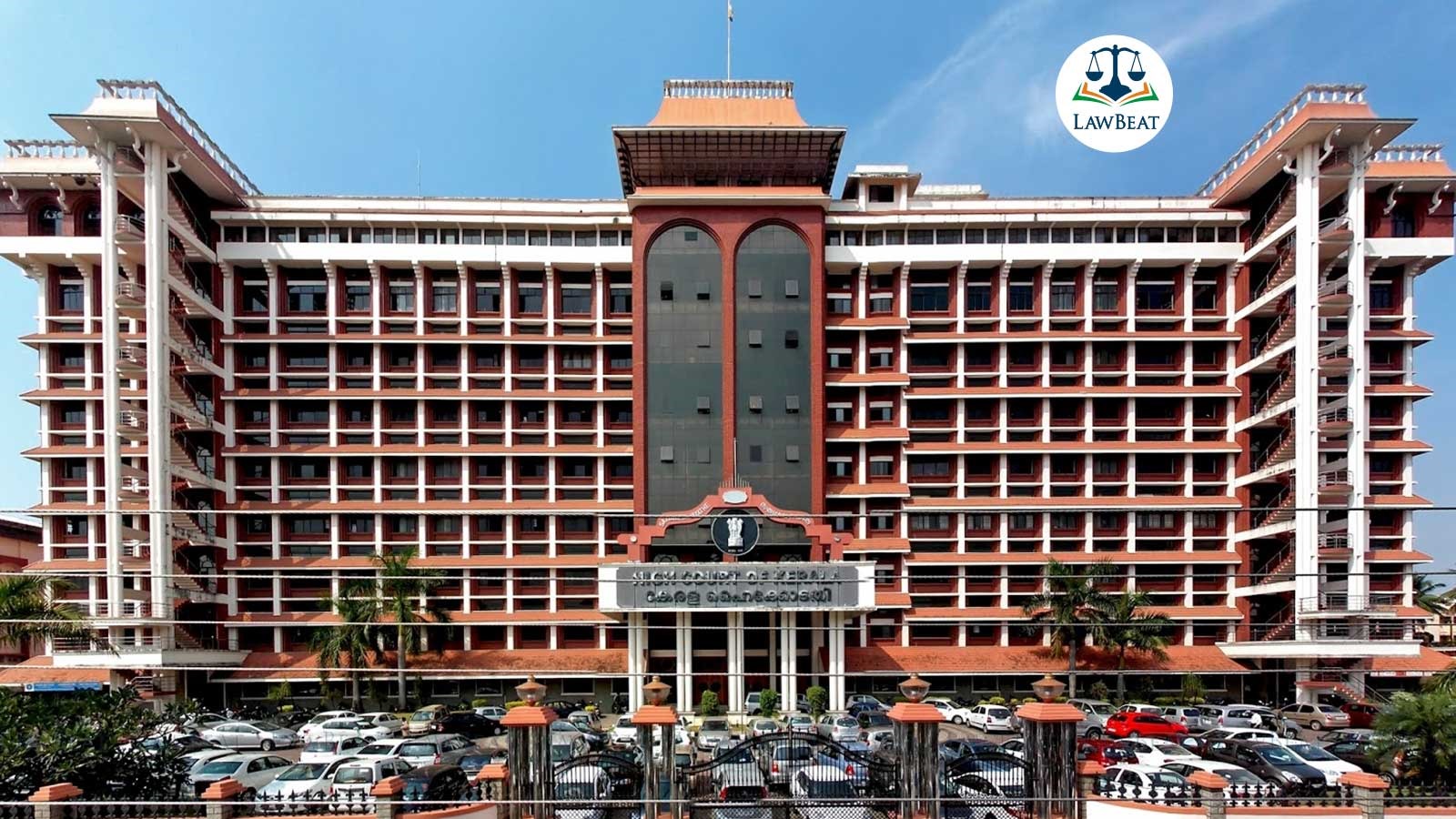‘She’s A Rape Victim’ : Kerala HC Grants Bail To Woman Accused of Throwing Her Infant From Balcony

“The courts owe more than verbal respect to the principle that punishment begins after conviction, and that every man is deemed to be innocent until duly tried and duly found guilty,” the court noted
The Kerala High Court has recently granted bail to a 23-year-old unmarried woman accused of murder after allegedly throwing her newborn infant from a building to conceal the birth. The petitioner, an alleged rape victim, had been in judicial custody for 80 days.
Justice C.S. Dias presided over the case and considered several factors in the decision. The Court acknowledged “It is alleged that the petitioner conceived the child in a rape that was committed on her. It is without knowing the consequences, that the petitioner delivered a stillborn infant. The fact remains that the petitioner has been in judicial custody for the last 80 days, the investigation in the case is practically complete, the recovery has been effected and the petitioner does not have any criminal antecedents.”
The incident occurred when the woman, who had allegedly given birth to the child in her bathroom without anyone's knowledge, threw the newborn from her balcony. The infant died as a result of the fall from the building. Thereafter, a passerby discovered a plastic bag containing the deceased infant, and the woman was identified through a barcode on the bag that was traced back to an online shopping platform. The accused was arrested and remanded to judicial custody on the same day, charged under Section 302 of the Indian Penal Code (IPC) for murder.
Senior Advocate P. Vijayabhanu, representing the petitioner, argued that the woman was innocent and had been falsely implicated. He emphasised the lack of material evidence to substantiate the charge of murder under Section 302 IPC. The counsel highlighted that the petitioner was a rape victim, unmarried, and suffering from severe mental depression. She had been in judicial custody for 80 days, the investigation was complete, and she had no criminal antecedents, while pleading for leniency, citing her need for medical assistance and the unique circumstances of the case.
Contrastingly, Additional Director General of Prosecution Gracious Kuriakose opposed the bail application, albeit formally. He acknowledged that the investigation was complete, the recovery had been effected, and the petitioner had no prior criminal record. He reiterated the prosecution's allegation that the petitioner had murdered her infant to conceal its birth.
The court took into account several crucial factors: the petitioner's age (23 years), her status as an unmarried rape victim, her 80-day period in judicial custody, and the completion of the investigation without any criminal antecedents against her. “The object of bail is neither punitive nor preventive. Deprivation of liberty must be considered a punishment, unless it is required to ensure that an accused person will stand his trial when called upon. The courts owe more than verbal respect to the principle that punishment begins after conviction, and that every man is deemed to be innocent until duly tried and duly found guilty,” the court noted.
The Court referenced key judgments, including Sanjay Chandra v. CBI (2012), which emphasises the presumption of innocence until proven guilty, and Dataram Singh v. State of U.P. (2018), which advocates for bail as a rule and jail as an exception. The Court underscored that the object of bail is neither punitive nor preventive but to ensure the accused's appearance at trial.
The court further observed : “On an overall consideration of the facts, rival submissions made across the Bar, and the materials placed on record, particularly considering the fact that the petitioner is a young lady aged 23 years, she is an alleged victim of a rape, she has been in judicial custody for the last 80 days, the investigation in the case is complete, recovery has been effected and further the petitioner does not have any criminal antecedents, I am of the firm view that the petitioner's further detention is unnecessary.”
On considering the facts, arguments, and materials presented, the court concluded that further detention of the petitioner was unnecessary. Hence, the bail application was allowed, subject to stringent conditions.
Cause Title: XXX v State of Kerala [BA No. 5462 of 2024]
